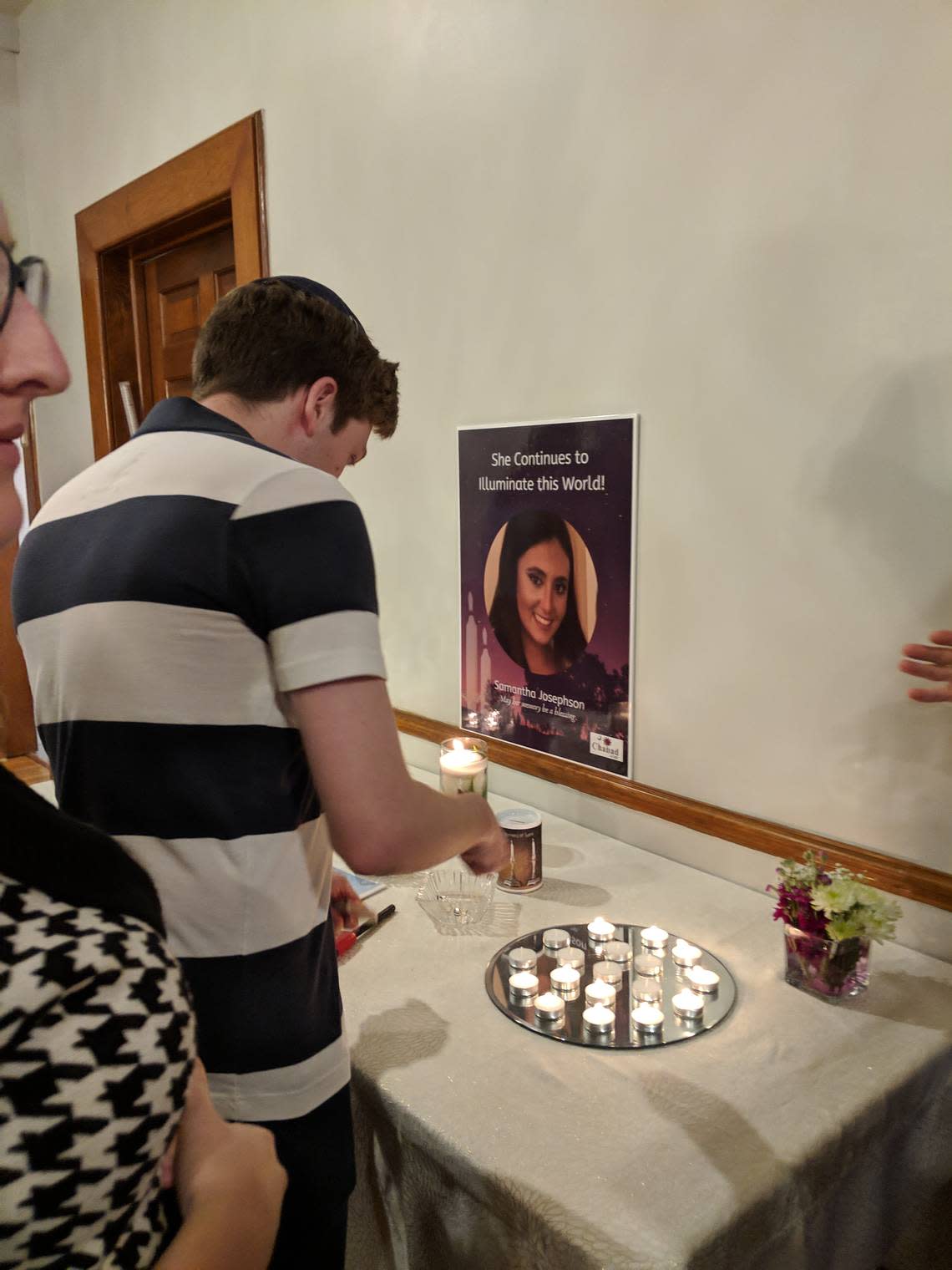US House passes rideshare law 3 years after USC student was murdered by fake Uber driver
Three years after a University of South Carolina student was kidnapped and murdered by a man pretending to be an Uber driver, the U.S. House has passed a bill that would strengthen rideshare protections for passengers.
The House on Wednesday passed Sami’s Law, named for Samantha Josephson, the 21-year-old USC student who got into what she thought was her Uber after a night out in Five Points in 2019. The next day Josephson was found stabbed to death in a rural part of Clarendon County.
Nathaniel Rowland was convicted of Josephson’s murder in 2021 and sentenced to life in prison.
“The 2019 murder of Sami Josephson rocked the University of South Carolina community and devastated all who knew and loved her,” U.S. Rep. Jim Clyburn, D-Columbia, said in a statement. “Today, the U.S. House of Representatives honored her legacy by advancing safeguards to prevent a similar tragedy from ever happening again.”

The bill was sponsored by Republican Rep. Chris Smith, who represents Josephson’s hometown in New Jersey, Clyburn said. It was cosponsored by Clyburn, Rep. Joe Wilson, R-Springdale, and Nancy Mace, R-Isle of Palms.
Sami’s Law would make it illegal for anyone other than ride-hailing companies to sell company vehicle indicators to the public, preventing predators from impersonating authorized drivers, and calls for ride-hailing companies to implement enhanced verification systems, such as a new code system that allows passengers to verify the authenticity of a vehicle before they get into the car.
It would also require the U.S. Department of Transportation to establish an advisory council to develop performance standards for new ride-hailing passenger and driver verification systems.

Josephson’s murder also prompted the S.C. Legislature to pass new regulations requiring prominent displays of rideshare drivers’ license plates in 2019. It also led to a campaign reminded people to ask their drivers to name the person they are supposed to be picking up before getting into their cars.
The bill must still pass the U.S. Senate to take effect, and on a tight time frame. Any bills that haven’t passed by the end of the year will expire when the newly elected Congress takes office on Jan. 3, and the legislative process will have to begin all over again.
Sami’s Law met a similar fate in the last Congress, when it passed the House in 2020 but was not acted on by the Senate.
Congress also has to act soon to pass an omnibus spending bill that will keep the federal government open. The deadline for that action is currently Friday night, but the House also voted Wednesday to push the legislative wrangling into next week.
